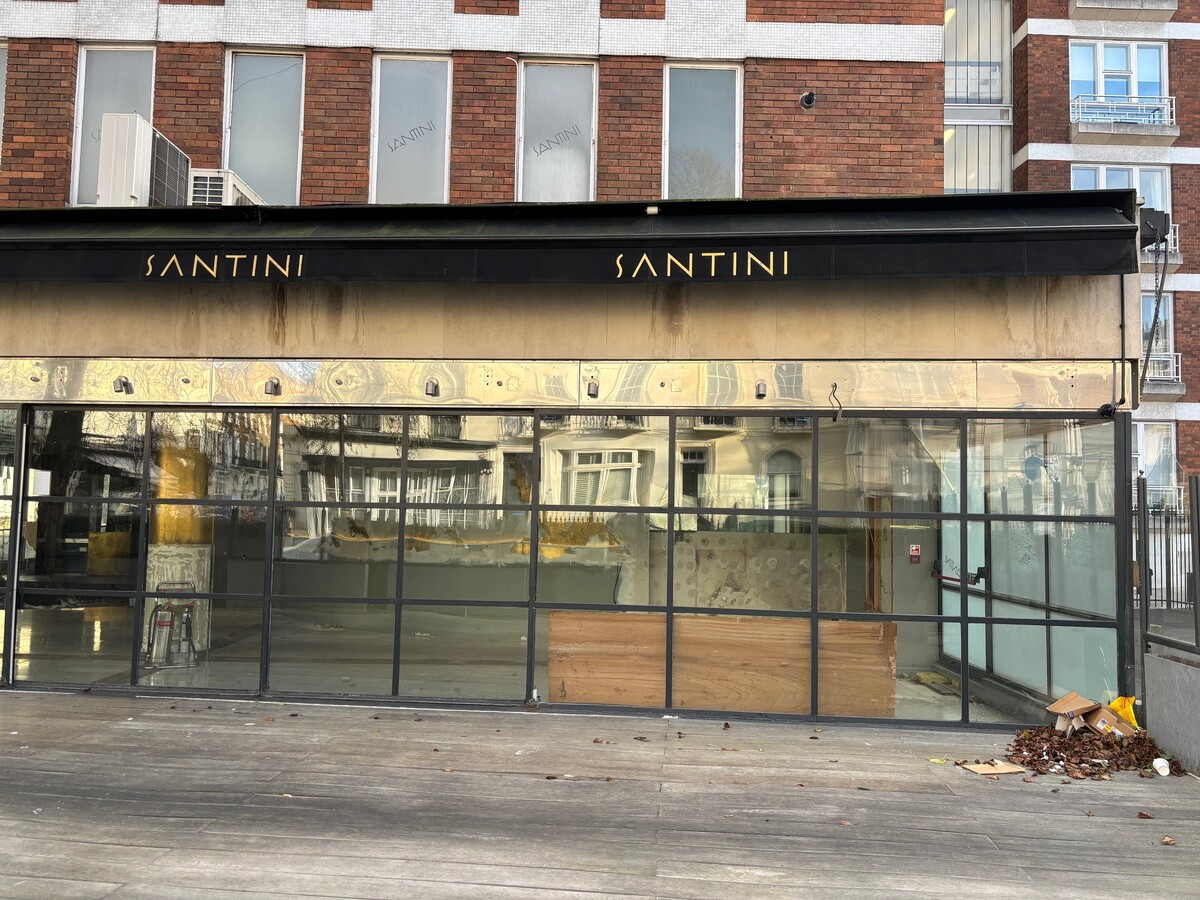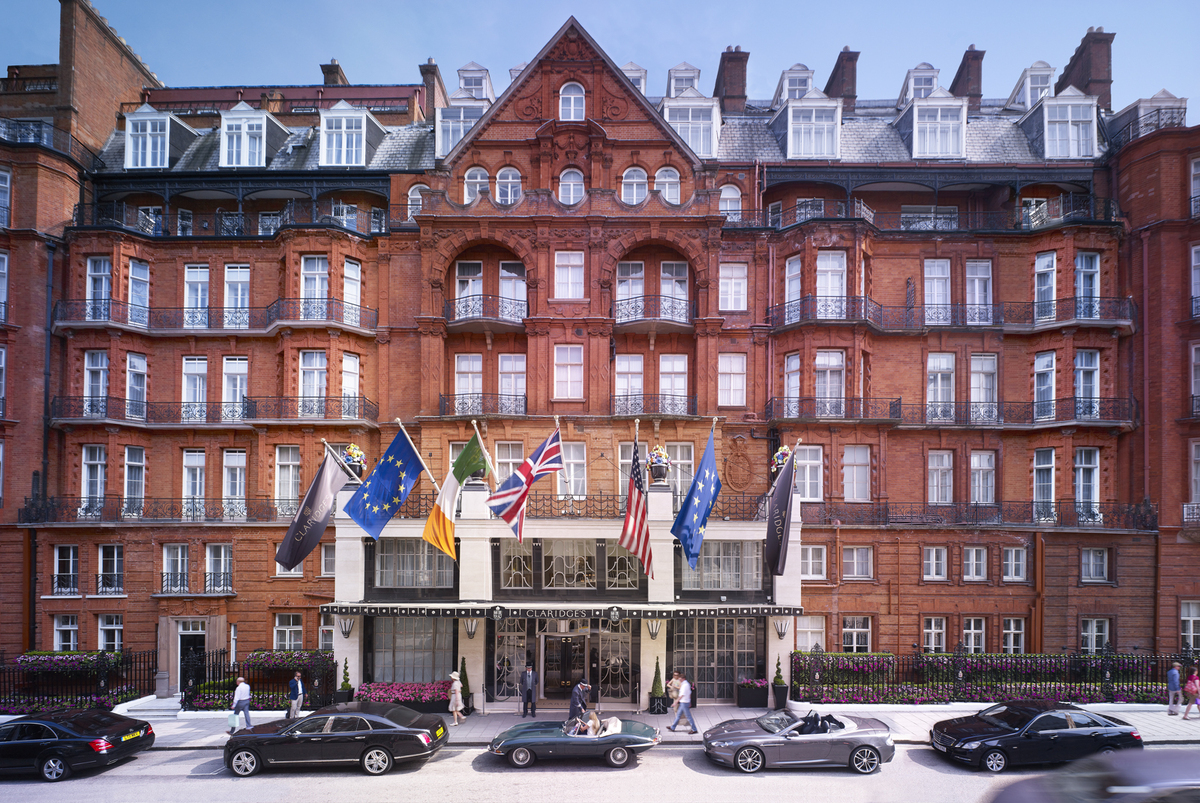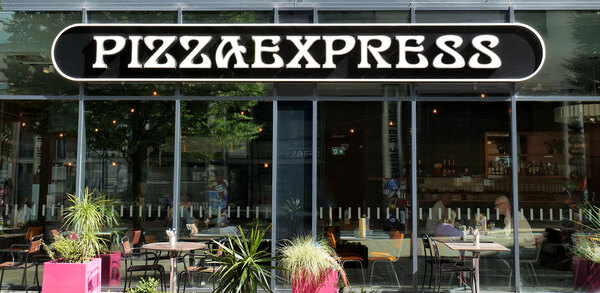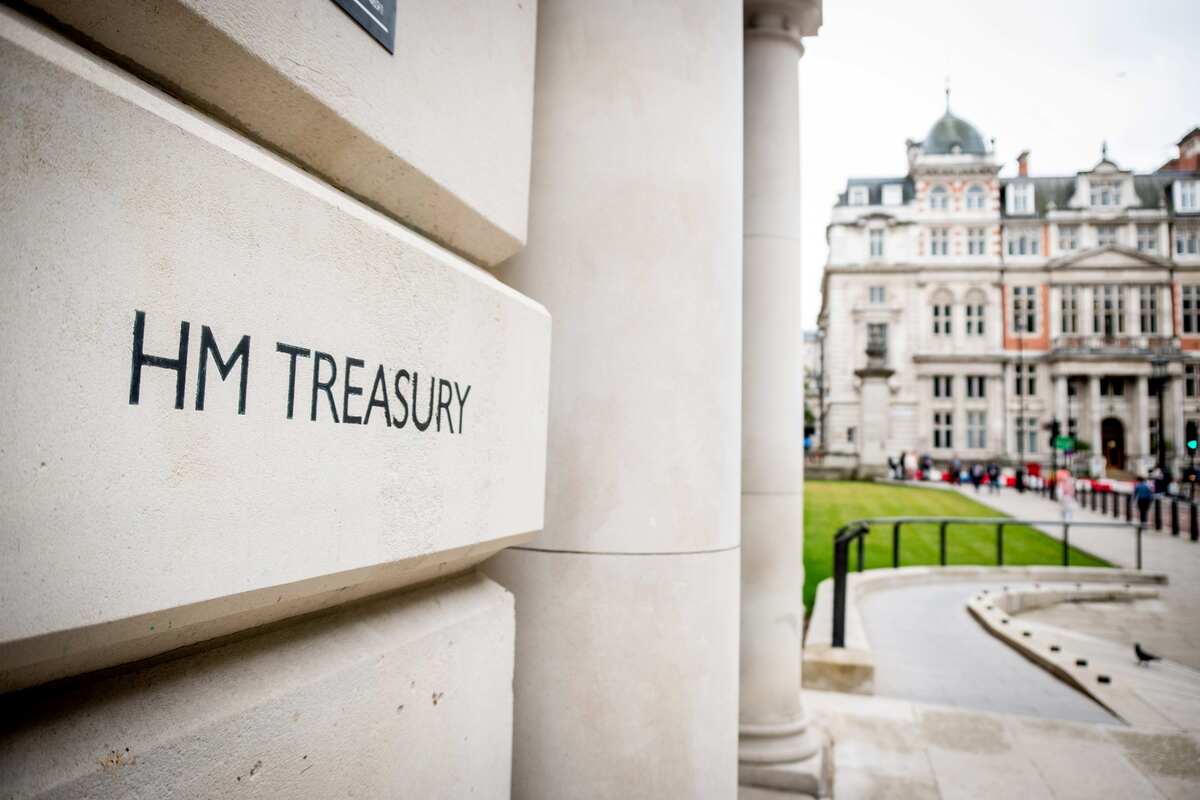Wake-up call: Are you liable if your guest loses their property in your hotel?
Hotels should ensure the correct signage or even security is in place, as claims for list property can run into the millions of pounds, says Rebecca Gibb
The Problem
With top-end hotels, where the world's hyper-wealthy are among the guests, the value of guests' property can be millions of pounds. In the event that this property goes missing, to what extent are hotel proprietors liable and what can they do to limit their liability?
The Law Hotel proprietors are strictly liable to make good the loss of a guest's property unless they can prove that the loss was caused as a result of the negligence of the guest.
This duty is set out in s.2 (3) of the Hotel Proprietors' Act 1956 ("The Act"). Liability is restricted to those guests who have purchased sleeping accommodation only. In addition, payment for property loss is limited to £50 for a single item and £100 on aggregate.
Hotels must display a prominent sign confirming the extent of their duty held under section 2 (3) of the Act in order to benefit from the low payment limits.
Expert Advice The issue for hotel proprietors presents itself when the loss of guests' property is caused by the negligence of the hotel proprietor or its employees, or where the property is lost after being deposited with the hotel for safekeeping, or where the hotel refuses to accept the property for safekeeping.
Such circumstances are problematic for hotel proprietors as the loss of guests' property in these circumstances does not afford them the protection of the payment limits set down in the Act. This can leave hotels exposed to liability for the full value of any property lost. This is of obvious concern should very valuable items go missing.
Thankfully, hotels can seek to limit their exposure under the Act by ensuring that security is of the highest level. Hotel proprietors are also entitled to refuse the safekeeping of items of "exceptional character". Very valuable items are believed to fall within this ambit, however this has yet to be tested by the courts. The question which hotel proprietors should ask, is whether they have a reasonable excuse for refusing to accept valuable items for safekeeping. They should assess whether an item is so valuable that to accept it would be to leave the hotel exposed to a high degree of expenditure should it be lost. In these circumstances the hotel should be entitled to refuse acceptance of the item.
Hotel proprietors may also seek to exclude their liability under the Act by inserting a limitation clause into the booking contract. This would limit their liability to make good the loss of high-value items caused as a result of the scenarios set out in section 2(3) of the Act. It remains to be seen, however, whether the courts will enforce such contractual clauses given that the Act is designed to confer strict liability on hotel proprietors. Such clauses will also be subject to consideration by the courts in respect of their compliance with the Unfair Contract Terms Act 1977.
Checklist
• Ensure a sign is erected in the hotel's entrance or at reception confirming the hotel's liability under the Act.
• Provide quality safes within guests' rooms and encourage guests to use them to help prevent theft.
• Have safety deposit boxes available offering a high level of security.
• Train and monitor employees to help prevent theft.
• Refer requests for safekeeping of guests' property to the hotel proprietor before items are accepted.
• Insert a limitation clause into the booking contract, which avoids liability for high-value items, ensuring that it is drafted by a lawyer.
• Have a sufficient level of insurance cover in place in respect of guests' lost property.
Beware! If these steps are not taken, then hotel proprietors risk facing claims from guests running into thousands if not millions of pounds. Such claims will be difficult and costly to defend due to the strict liability conferred on hotel proprietors by the Act.
Contact Rebecca Gibb is a solicitor at Weightmans
rebecca.gibb@weightmans.com

















